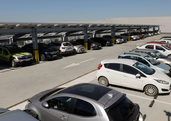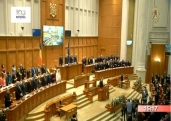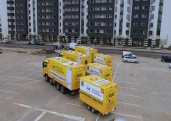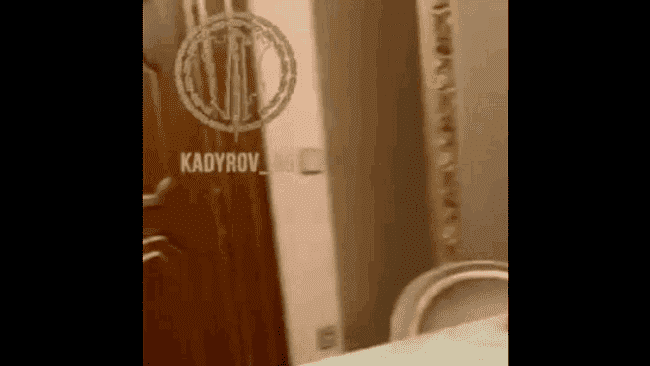Aid to combat energy poverty is designed in a general way, without taking into account the real and different needs of people, and such uniform approach leads to the waste of public money, large bureaucracy and a low long-term impact on the lives of those who really need help, according to coordinator of the Romanian Observatory of Energy Poverty (ORSE) Anca Sinea.
Energy poverty no longer means only cold houses in winter or a problem that affects only very poor households. "Today, solutions must respond to a growing diversity of challenges - from high energy costs, to high transport costs and poor housing conditions. Data show a complex, multifaceted problem, influenced by climate change, the type of housing, the region in which we live and disposable income."
ORSE experts warn that there is a need for public policies and interventions better adapted to the realities on the ground and propose a set of concrete solutions to effectively combat this phenomenon.
According to specialists, energy poverty at European level is recognised and defined by Directive (EU) 2023/1792, and in Romania, by Law 226/2021.
"The causes of energy poverty are multiple and interconnected: low incomes, high energy costs, lack of access to alternative sources and low energy performance of homes and equipment. They often overlap with other forms of social vulnerability, generating a serious impact: marginalisation, deepening of inequalities and impairment of physical and mental health. There are a number of measures that have proven their effectiveness in stopping and preventing the phenomenon, such as: energy efficiency of buildings, facilitating access to sustainable energy sources, as measures to combat and prevent it; developing a flexible support and response system for households that facilitate permanent access to advice and investment opportunities (e.g. strengthening the role of public administrations in the national network of single guides); or temporary financial support targeted at households at risk of energy poverty in exceptional situations."
ORSE recommends a series of public policies and measures that are absolutely necessary to prevent and combat against energy poverty in Romania: public policies accessible to all, flexible and proactive, with the possibility of validation in the support system by new targeted beneficiaries based on objective criteria; the creation of clear mechanisms that allow for deep interventions and the sustainable development of vulnerable communities in the long term, including through the Social Climate Fund; defining a clear range of indoor comfort and developing measures to meet new housing needs; accessible and quality public transport policies; combatting energy poverty requires the coordinated involvement of central and local governments, regulators, energy companies and civil society.
Also, local public administrations should play a key role in identifying vulnerable households and in implementing support programmes, such as energy efficiency programmes, while regulating the exchange of data between energy distributors and the state for a better identification of energy poverty.
The Romanian Observatory of Energy Poverty is a project initiated by the Centre for the Study of Democracy, a think-tank established in 2006 within the Department of Political Science, Faculty of Political, Administrative and Communication Sciences, Babe-Bolyai University of Cluj, where it operates as an accredited research centre.
































Comentează